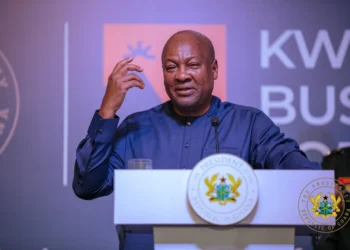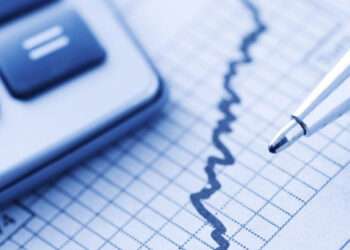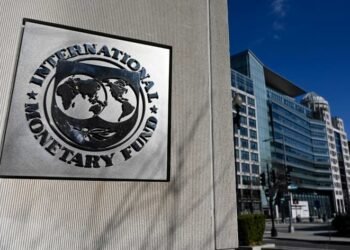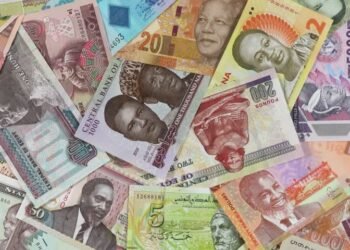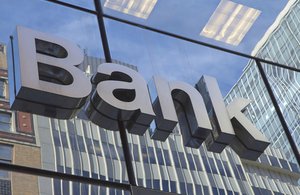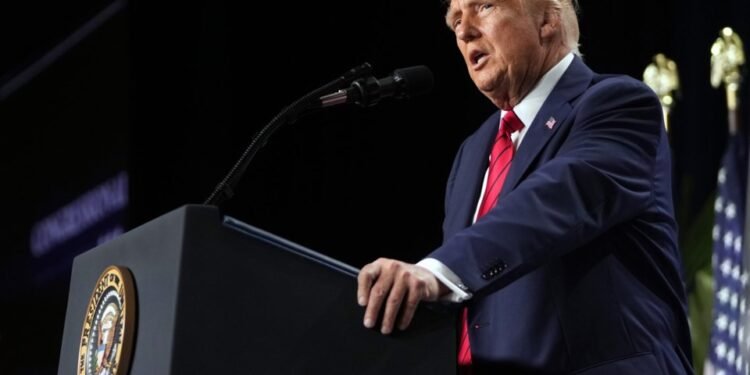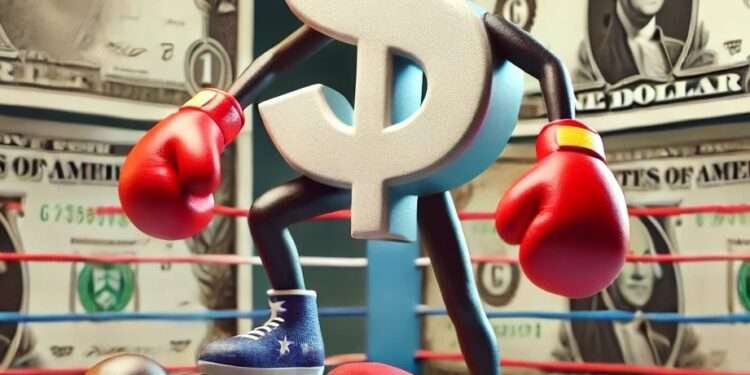An Economist and Lecturer at the Department of Economics, University of Ghana, Dr. Adu Owusu Sarkodie, has backed the government’s decision to borrow US$5 billion from the capital market in the first quarter of 2021.
He said the economic impact of the COVID-19 pandemic leaves the government with no other option now than to borrow to finance some of its operations.
Speaking in an interview with the Vaultz News, he said he supports the government’s decision to borrow now but will not do so after the economy recovers from the damages inflicted by the coronavirus pandemic.
“I will not support borrowing after economic recovery. I am the first person speaking against borrowing but in time of economic difficulties, as we find ourselves now, the government must borrow to grow the economy”.
He, moreover, admonished the government to make efficient use of any money it will borrow to be able to get the desired results.
“I think that is the only option left for government and I think I support it, for now. I want to admonish the government to be efficient to efficiently use the fund. Because if we’ve gone to borrow and we misappropriate the fund, it will come back to bite us; it will come back to hurt us. So, my only advice now is for government to prudently put to use the funds that we are going to borrow in the capital market”.
Dr. Sarkodie believes the move by the government to go to the capital market next year is in the right direction. He indicates that the government is borrowing just as many countries are doing to grow their economies.
“So, I support the borrowing and I hope we will get it at a lower interest rate as we have been getting so far”.
According to him, the COVID-19 pandemic has affected many economies in the world including Ghana. He noted that the economy in the midst of the pandemic was expected to grow around 0.9% because government revenues have declined, borders were closed, national trade taxes did not come in as expected, even taxes on VAT and others did not come in as expected during the lockdown.
Also, he points out that the prices of oil have dropped from the budgeted $62 per barrel to $41 per barrel so the government has also lost revenue in terms of the oil revenue.
He reveals that Ghana is now at the economic recovery stage and as a result government has introduced the Ghana COVID-19 Alleviation and Revitalization of Enterprise Support (CARES) program which amounts to GHS100 billion to address the situation.
He points out that because the government does not have enough resources to finance the recovery program on its own, it is looking for many sources to raise that amount (GHS100 billion).
According to the government’s agenda, the private sector is expected to provide 70% of the funds needed to finance the program with the remaining 30% coming from the government itself.
Dr. Sarkodie reveals that “the government is also asking the Bank of Ghana to provide about GHS10 billion or so”. All these according to him, justifies the government’s decision to borrow in the capital market to be in the right direction.
However, he notified that there is no debt forgiveness when borrowed from the capital market.
“It’s not like a country giving you a loan or IMF or World Bank where you can ask for debt cancellation as we did during the HIPC. In the capital market, there is no debt cancellation so everything lies on us to develop our economy, raise enough revenues to pay back the debt.”
Considering the possible risks associated with such borrowings, he indicated that the problem with external financing is the effect of the exchange rate depreciation. According to him, when the exchange rate depreciates, even though the government may not have gone to borrow more, the debt service will go up.
“So, for example, if you borrow $100 and the exchange rate is 5:1, you will be paying GHS500. If the exchange rate goes up to 6:1; the same $100, you have not gone to borrow more, but the same $100 gives you GHS600 instead of GHS500. So, the foreign debt in terms of cedi will go up when the cedi depreciates. That is the problem with us and we need to manage the depreciation of the exchange rate so we do not have the exchange rate effect of the Eurobond”, he explained.
Anytime the issue of borrowing comes up in Ghana, the only thing that comes to mind is debt sustainability. Recent data from the Bank of Ghana shows that the debt to GDP ratio currently stands at 71%. But the question begs to be answered; has the government considered this before deciding to borrow the US$5 billion?
Dr. Sarkodie quickly indicated that this will indeed compound the already bad debt situation, however, the government has no option than to borrow.
“Yes, of course, it will compound our debt situation. That is why I said, I will not support borrowing under normal circumstances because our debt to GDP ratio is high. Even our debt service as a ratio to revenue is about 62% which is also high. But at this crucial time, yes, I will support any form of borrowing to grow the economy. But when we have stabilized the economy, I will not support any further borrowing.
“We need to raise revenue domestically. Yes, I agree that it will affect public debt but we have no choice at this time of economic difficulties. But when we have grown the economy, maybe say, 5%, 6%, 7% and we can raise enough revenues to about 15% to 17% of GDP, then we can reduce the borrowing and raise the revenue domestically here.”
He, however, advised the next government to focus on agriculture and manufacturing.
“Let’s try to improve the agriculture sector. Also the IDIF should be improved because the more you do local production, the more you can save your cedi and the more employment you generate”.
It can be recalled that the finance minister, Ken Ofori-Atta told parliament on Wednesday, 28th October 2020 that the government will issue a sovereign bond worth US$3 billion with the option to increase it to US$5 billion should market conditions prove favorable.
Out of the amount to be raised, there’s an indication that US$1.5 billion will be used to support the 2021 budget and US$3.5 billion for liability management.
Ghana made its maiden appearance on the International Capital Market (ICM) in 2007. In May 2018, Ghana successfully raised a total of US$ 2.0 billion in 10-year and 30-year Eurobonds of $1.0 billion each.
Ghana issued its seventh Eurobond on 19th March 2019 with an amount of US$3,000.0 million which was raised in three (3) tranches of 7- year, 12-year, and 31-year Eurobonds of US$750.0 million, US$1,250.0 million, and US$1,000.0 million, at coupon rates of 7.88 percent, 8.13 percent, and 8.95 percent, respectively.
According to the Ministry of Finance, the outstanding stock of Eurobonds increased from US$4,978.1 million as of End-December 2018 to US$7,694.7 million as of End-December 2019 making up 78.0 percent of the commercial debt stock and 37.9 percent of the total external debt stock.





